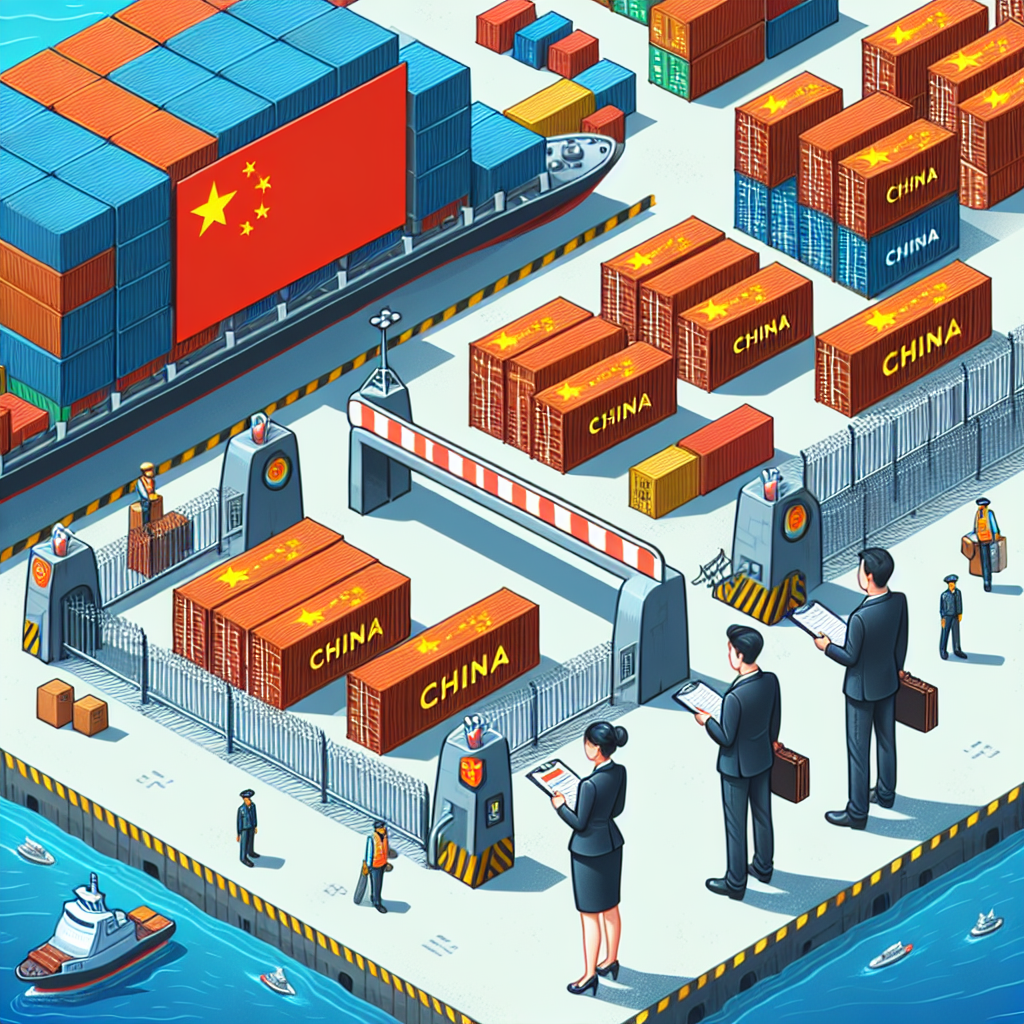U.S. Tightens Grip on Export Curbs with Expanded Entity List Rule
The U.S. Commerce Department has expanded its Entity List rule, targeting subsidiaries of listed companies to prevent evasion of export controls. This move is anticipated to drastically impact Chinese firms and disrupt global supply chains. The change occurs amid ongoing U.S.-China trade negotiations.

On Monday, the United States Commerce Department implemented a new rule to fortify its Entity List, encompassing subsidiaries owned by listed companies. This expansion is aimed at curbing the circumvention of export controls on chipmaking equipment and technology, and enhances the number of companies requiring licenses for receiving U.S. goods.
This decision is predicted to have significant repercussions on global supply chains, particularly affecting Chinese entities. Experts project disruptions across sectors including legacy chips, aircraft, and medical equipment. The rule's introduction comes at a tense trade negotiation juncture between the U.S. and China, drawing criticism from China's Commerce Ministry.
The updated regulation builds on the existing framework akin to the Treasury Department's 50% rule for sanctioned entities. The move is not considered an all-encompassing solution, with anticipations of firms attempting restructuring to bypass the constraints. The international ramifications extend to trade hubs beyond China, including the EU, UK, and Japan.










